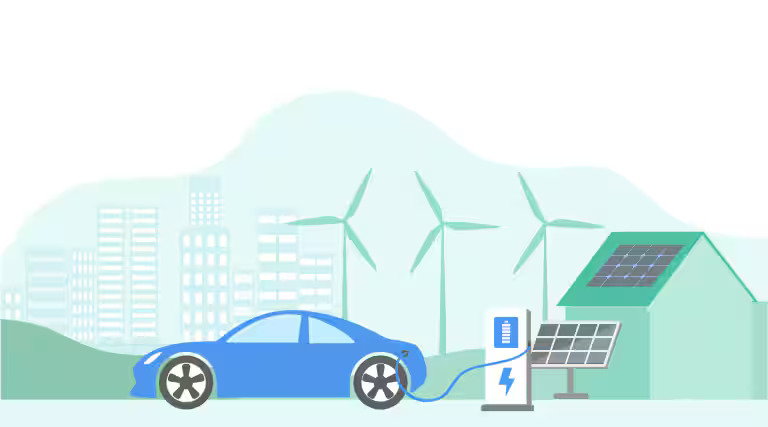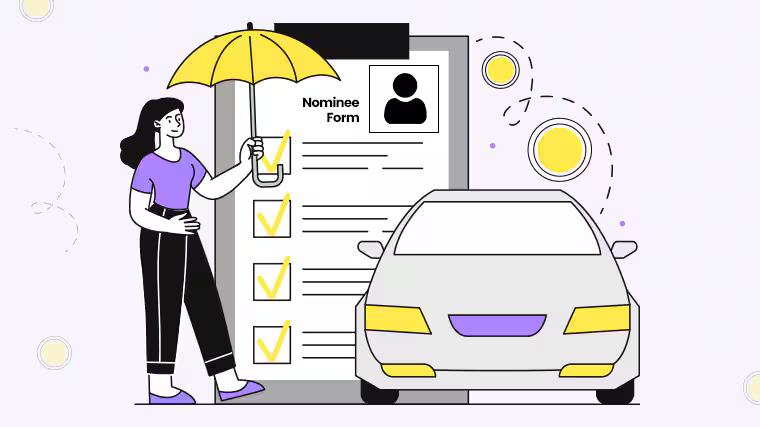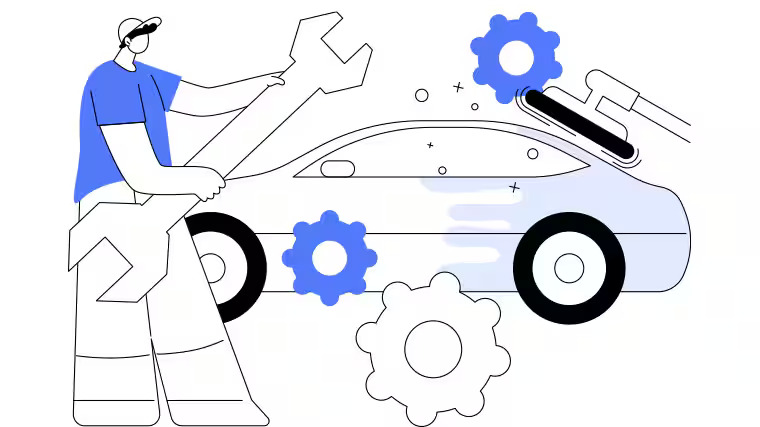Electric Vehicles (EVs) currently hold a niche spot in the Indian automotive market but are gaining an increased presence on the roads, both in private and commercial fleets.
Government policies to ban sales of petrol and diesel cars in the near future are influencing the business strategies of auto manufacturers. This transition, fueled by the ever-rising EV production and demand, is also impacting the motor insurance industry. Let’s explore how-
What is Electric Vehicle Insurance?
Like any other car insurance, electric vehicle insurance financially protects EV owners from accidental damages, theft, fire, natural disasters, battery-related issues, damages to charging equipment, etc.
The EV Market in India is expanding at a swift pace. Reports suggest the industry will likely attain a compounded annual growth rate (CAGR) of around 49% from 2022 to 2030. The surging consumer inclination towards EVs is driven by growing environmental concerns, advances in technology, and multiple government initiatives, like the FAME (Faster Adoption and Manufacturing of Electric Vehicles and the PLI (Production Linked Incentive)).
This shift to EVs is bringing changes not only to the automotive sector but also to the motor insurance sector, primarily in risk assessment, types of coverage, and premium calculations. With India’s goal of 30% EV adoption by 2030, it’s clear that traditional insurance products won’t be enough.
Future of EV Insurance: Tech-Driven, Tailored Solutions
Electric cars have sophisticated & expensive battery systems, and fixing them is a real deal. With issues like EV fires, insurance providers have to develop comprehensive policies designed specifically for electric vehicles.
Insurers can use advanced tools such as IoT, telematics, and AI-driven analytics to make electric car insurance more personalised and specific. This will not only make roads safer but also promote flexible pricing and tailor-made coverage, particularly for commercial vehicles.
Many insurance companies are stepping up to offer EV-specific policies, which include coverage for private charging stations and expensive EV batteries. At the same time, the government of India is playing a key role in accelerating EV adoption. The battery-swapping policy from the 2022 Union Budget has benefitted not only EV owners but also the motor insurance sector, opening up growth opportunities within the rapidly emerging market.
Is EV Insurance Expensive?
Yes. Compared to an ICE (Internal Combustion Engine) vehicle, the cost of insuring an EV is higher. Here’s why:
- Higher Vehicle Price: Advanced technology and the cost of battery, thus higher IDV (Insured Declared Value) and policy premium.
- Expensive Parts: The high cost of Li-ion batteries and other electric parts, such as the electric motor and charging system, lead to higher policy premiums for EVs.
- Fewer Mechanics: Increased labour costs due to a lack of trained mechanics, and thus higher insurance premiums.



